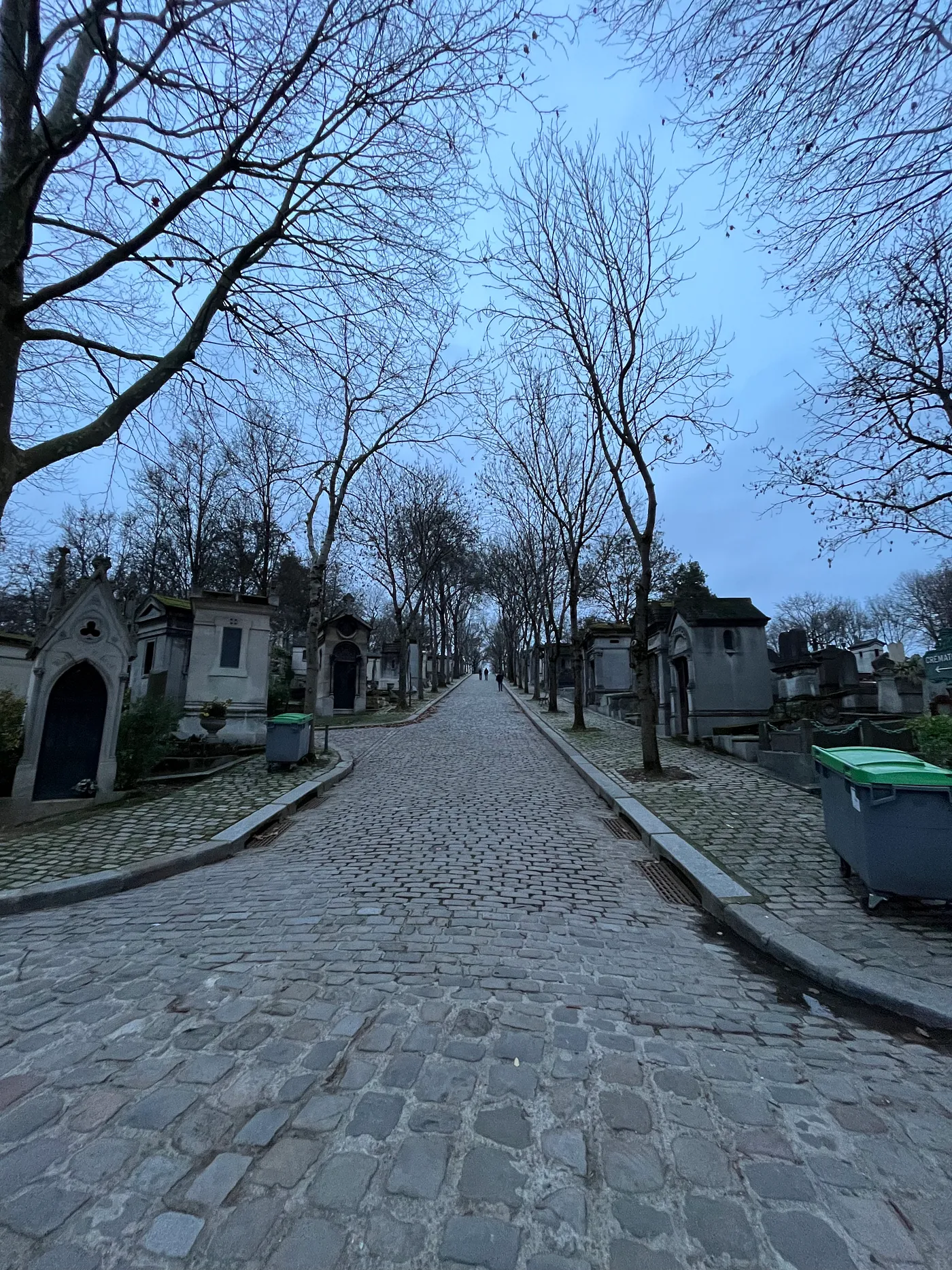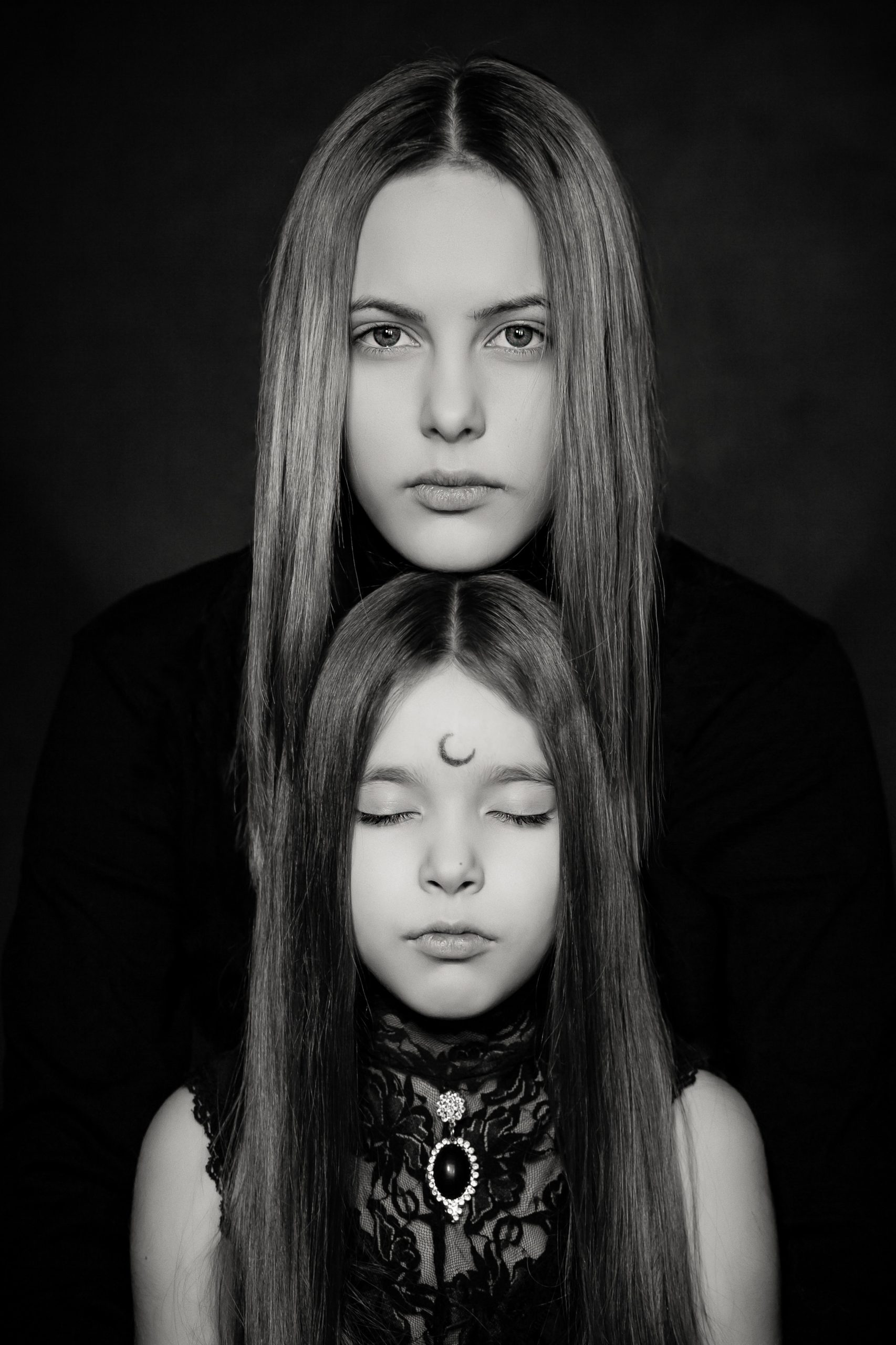“I am frightened I’m going to die.”
Her sunken eyes pierced through me as she uttered those words that shook my soul. I studied the veins around her eyes intently, hoping that in them I could find the words to console her anxiety.
She has been a quiet presence around the nursing home, and on most days, she has never uttered more than a few words.
On the good days, I would see her walk around with two canes, one on each hand. Trudging around the common room, trying to find the warmest spot — just like a cat would. Once she did, she would plunk herself there for hours on end, either next to the heater or by the window when the sun was shining. She liked to be around people, not necessarily to have a conversation, but just to have some company.
On the bad days, I would see her glued to her chair, rocking back and forth while uttering under her breath, “Oh God, oh God, oh God” on repeat. This behaviour would continue for hours on end, while she wraps her arms around herself in an attempt to protect what was left of her frail body.
Her official diagnosis was schizophrenia and dementia. Schizophrenia involves a cluster of ‘positive’ psychotic symptoms like delusions & hallucinations and ‘negative’ symptoms such as reduced speech & lack of initiative. On the other hand, dementia is a slow deterioration of the brain, where one loses one’s memory, ability to think and make decisions in daily life.
When you have both at the same time, the way she did, things can be, well, very frightening. The psychotic symptoms can be heightened, with her believing things that are untrue, or experiencing things that are not there. When she gets into a psychotic state, I often wondered what scary hallucinations she must be experiencing.
I wished there was something I could do to take that pain away.
On this particular day, she was neither having a good nor a bad day — it was somewhere in the middle. So I decided to sit down next to her and tried to make conversation. It was to no avail, she ignored all my attempts at small talk.
Eventually, we just sat in silence, watching the other patients play Monopoly.
In a moment of lucidity, she turned her face towards me and looked at me with the saddest eyes I have ever seen on a person. I could sense that she wanted to unload a heavy burden that was on her chest.
“I am frightened.”
“What are you frightened of?”
“I am frightened I am going to die.”
That short exchange took me by surprise. So much so, that I found myself bereft of speech. I just held her hand, stroking it gently and told her it was going to be okay.
Is it really going to be okay though? I felt guilty for assuring her something that I could, in no way, know to be true. Death is an inescapable part of life, but for someone in their later years, that certainty is even more suffocating.
She slowly pulled her hand away from me and looked away, lost in those thoughts that has consumed her night and day. She was back in her immutable silence, and no further attempts could break that fortress of secrecy.
That’s when I learnt, that some of the deepest conversations, can be done mostly in silence.
Note: This story is a fictionalised account inspired by my encounters with mental health lived experiences.




